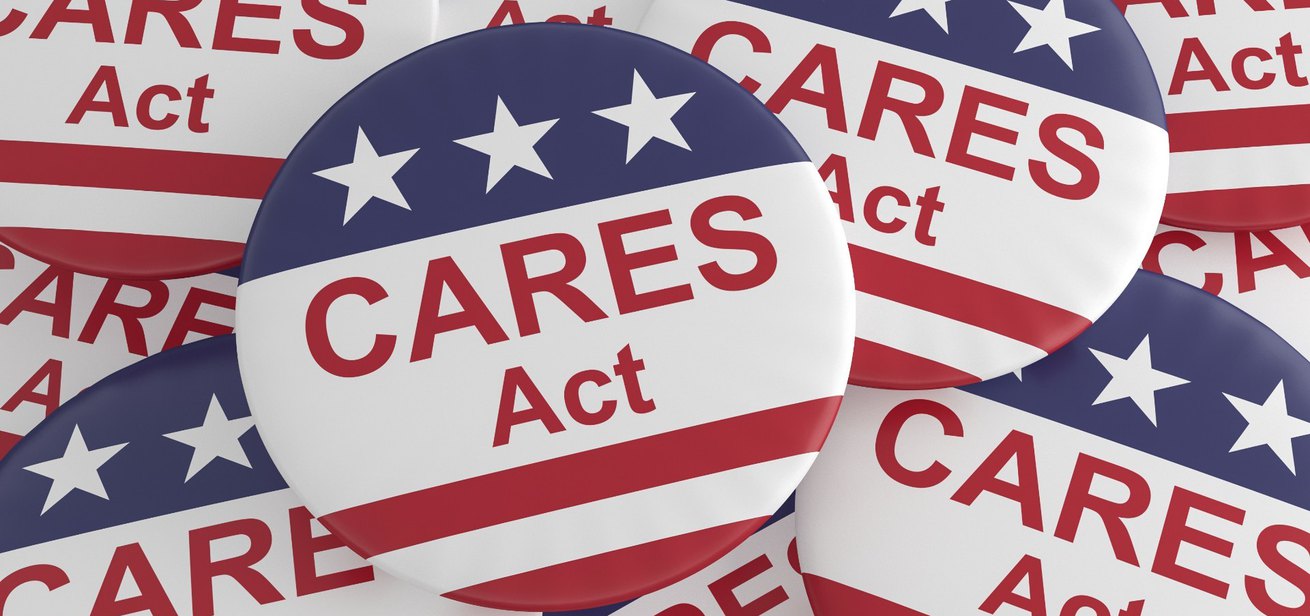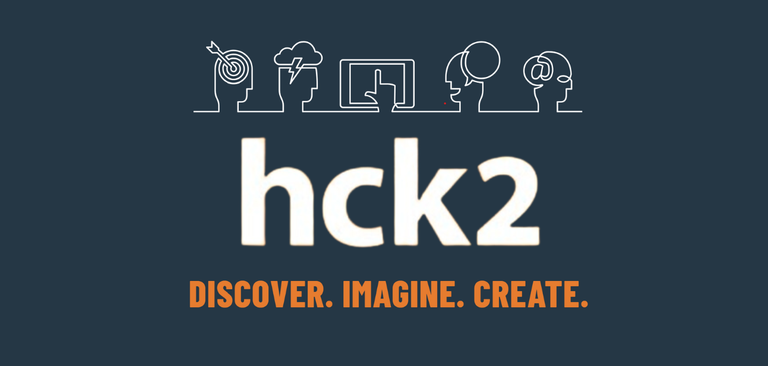
The CARES Act and What It Means For You
Here are the multiple ways that The Coronavirus Aid, Relief, and Economic Security (CARES) Act helps individuals, small businesses, and our healthcare system.
This past month has felt about 12 years long. A lot has happened and the situation will continue to change as more news develops and as we try to adjust to our current new “normal”, if we can even call it that. Many people have transitioned to working from home, but many others that are considered essential personnel; healthcare, grocery store, delivery, and restaurant workers all brave our barren landscape to provide vital services for us! (THANK YOU!) Also in the past month, our government has (mostly) put aside its partisan differences in favor of finding some sort of relief for the pandemic and its ramifications. On March 27, 2020 the Coronavirus Aid, Relief and Economic Security Act (or CARES for short) was signed by President Trump. The $2 trillion response bill has the intention of relieving the economy by assisting individuals and businesses while their everyday lives have basically come to a standstill.
As we move forward from the passing of this bill to its implementation, we can expect these specific groups to be impacted by the CARES Act: individuals, families, small businesses, hospitals and health care, large corporations, state and local governments and education systems. Since the bill itself is 247 pages long, we’ve taken the liberty of reading the whole thing so you don’t have to! Here are some highlights and important things to know about the CARES Act.
Does The CARES Act Affect Individuals?
Individuals and families have been extremely affected by this pandemic. Many people have been furloughed or laid off indefinitely. Therefore, one of the most talked about parts of this bill has been the direct payouts for individuals and families. Americans who pay taxes will receive a one-time payment of up to $1,200. Married couples will receive $2,400, plus an additional $500 per child. These payments are available for incomes up to $75,000 for individuals and $150,000 for married couples.
Another important deadline that was coming up was the tax filing deadline on April 15th. And for those of us that can’t keep track of what day it is let alone the month, it is probably a good thing that they extended the deadline for filing taxes to July 15th (Woohoo!). The IRS has also said that those who have filed or plan to file can still expect a refund if they are owed one.
How The Act Directly Helps Small Businesses
Small businesses are the lifeblood of the American economy. As Walt Disney once said “If you can dream it you can do it.” We pride ourselves on fostering innovation, and creating opportunities for pretty much anyone to use their idea to start a company, and make their dreams come true. COVID-19 has put a lot of businesses in a tight spot, but the CARES Act looks to help ease that burden. The plan outlines $250 billion for an extended unemployment insurance program, expanding eligibility and offers workers an additional $600 per week for four months, in addition to what the state programs pay. CARES also extends unemployment benefits through December 31st 2020 for those that are eligible. It is important to note that the unemployment benefits also apply to the self-employed, independent contractors and gig economy workers. Under normal circumstances, these groups could not apply for unemployment but this bill creates a temporary Pandemic Unemployment Assistance program through the end of this year for ALL workers.
In addition to allowing small businesses to be able to apply for unemployment benefits, the CARES act also dedicates $350 billion to preventing layoffs and business closures while workers have to stay home. Businesses with 500 employees or less that continue paying employees during the coronavirus can receive up to 8 weeks of assistance. This also means that if employers maintain their payroll and use loans to help maintain that payroll, those loans used for payroll, interest on mortgage obligations, rent and utilities would be forgiven. The US Treasury has posted new information and an application form for Paycheck Protection Program (PPP) loans as authorized by the CARES Act. Small businesses can begin applying for and receiving loan to cover their payroll and other qualifying expenses as of April 3rd 2020. Go to the US Treasury website, download the application which can be submitted to any SBA Participating lender or FDIC-insured depository institutions. Speaking of payroll, this act also allows employers to delay payment of their portion of 2020 payroll taxes until 2021 and 2022.
Benefits For Our Healthcare System
During this time, health care has been at the forefront of everyone’s minds. Whether you have friends or family that are health care workers or have just been paying attention to the news, we know they are on the front lines of this pandemic. Hospitals have been short on personal and protective equipment such as masks, face guards, gloves and gowns. This plan provides over $140 billion to support the US health care system, $100 billion of that money will be infused directly into hospitals. The rest will be dedicated to rectifying the issue of a lack of personal protective equipment, testing supplies, increased workforce and training, accelerated Medicare payments, and supporting the CDC, among other health allocations. One of the most important aspects of treating this pandemic is accurate testing. CARES allocates funds to cover the cost of testing and potential vaccines.
This situation is something that we haven’t seen before in most of our lifetimes, and probably (hopefully) won’t experience again. It has caused a lot of change in our world, good and bad. We have seen people step up and help those in need, and our governments (federal, state, and local alike) have seen the need in our nation and communities and they have done something about it. It’s great to see people helping one another and I personally hope that we come out of this crisis stronger, more understanding and willing to be a friend and support those around us! All we can do is keep doing our part by staying inside, only going out when absolutely necessary, and washing our hands. Be that couch potato hero and this too shall pass!
The Bottom Line
Here is a link to the full bill if you would like to read more in depth: https://www.congress.gov/bill/116th-congress/senate-bill/3548/text#toc-id39DA4007062A49C8BF5D183C3DD4C7FC


